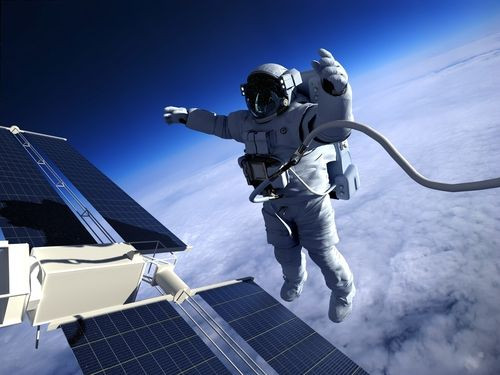Identical Twins Used In NASA Study To See The Effects Of Being In Outer Space

For many of us, our relatives, especially our siblings, are a phone call away. For one year, however, identical twins Mark and Scott Kelly will have to live worlds apart. Well, not exactly a world's distance, but NASA chose one of the twins, Scott Kelly, to live on the International Space Station starting March 2015 to study the effects of space on the human body.
"Because they're identical twins, we might be able to see things we ordinarily might not be able to detect if we were just taking two people out of the population," said Dr. Craig Kundrot, deputy chief scientist for NASA’s Human Research Program, Business Insider reported. "This study is a special opportunity given the rarity of identical twin astronauts."
While Scott is in space, his identical twin brother Mark will remain on Earth so that scientists can examine and compare their bodies. The DNA of identical twins are the most genetically alike than any other humans, making this pair a perfect match for this type of study. "Our DNA is not all that different, but it’s still different enough to make wildly different types of people,” Kundrot said. “When you have identical twins, you've eliminated almost all of that difference.”
In an effort to see how the immune system is affected by being in space, both men will get the flu vaccination. "We expect Mark on the ground to have a normal kind of response and we're really curious to see what happens with Scott in space," Kundrot said, "because the immune system has a number of changes to it and when challenged with a flu vaccine, the question is will it respond in a usual way or in a different way.”
Below is a video of the proposed mission:



























